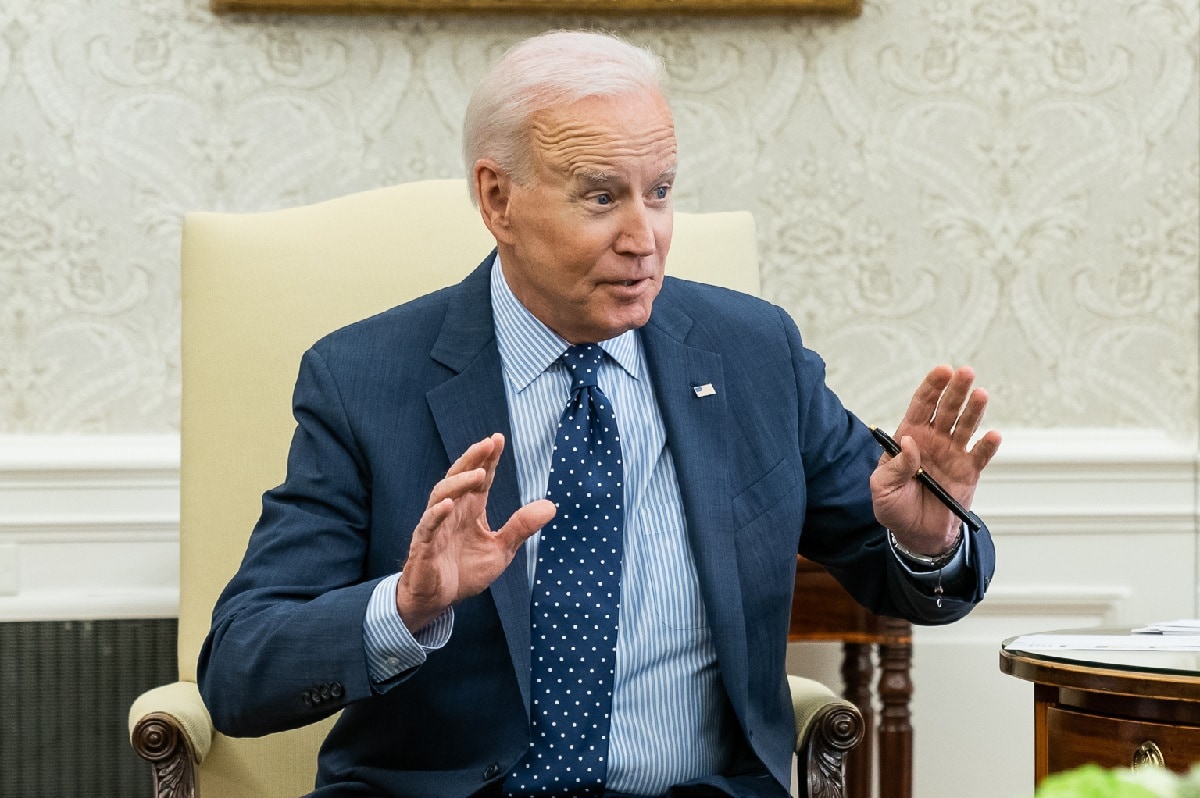Azerbaijan, like Turkey before it, coasts on a reputation it no longer deserves. While Azerbaijan cultivates an image of moderation and as a Western-leaning outpost against the spread of Iranian or Russian influences, neither is any longer true.
While Azerbaijan may employ its caviar diplomacy to reassure academics and enablers that they are an integral part of an alliance with Israel and Turkey against Iran, this is increasingly an empty line sold to the gullible, greedy or blind.
Consider this: On November 28, 2021, President Ilham Aliyev met Iranian President Ebrahim Raisi and their Turkmenistani counterpart Gurbanguly Berdimuhamedow and signed a tripartite gas swap deal. The Iranian government was ecstatic. The Mehr News Agency, an outlet affiliated with Supreme Leader Ali Khamenei’s Islamic Ideology Dissemination Organization, outlined how the deal relieved pressure if not rescued Iran. “The final advantage of this contract is to solve through the right of transfer the problem of gas deficits and pressure drops in the northern provinces of Iran. In recent years, such deficits and pressure drops caused early gas outages in industries and problems in domestic consumption,” Mehr reported. It quoted the head of the National Iranian Gas Company observing, “In addition to economic importance, this contract will help the stability of the gas network in the north and northeast of Iran.” So much for maximum pressure. In a sense, Aliyev’s gift to Iran appears payback for Supreme Leader Ali Khamenei’s support for Azerbaijan during the 2020 Nagorno-Karabakh War during which Iranian authorities closed Iran’s border with Armenia to deny Armenians supplies.
Aliyev himself appears prepared to encourage greater Iran-Azerbaijan ties. “From now on, Iranian-Azerbaijani relations will develop in all areas,” he said. At a minimum, this will involve greater trade. He and Raisi spoke about implementing a north-south transit corridor to increase Iran-Russia trade through Azerbaijan. This in turn might help Russia’s military support of Iran and its proxies. The two leaders also spoke about Azerbaijan’s desire for a corridor to bisect sovereign Armenian territory.
Indeed, absent Iranian support, it is doubtful Aliyev would have, earlier this week, threatened to invade Armenia.
None of this, of course, is to deny Armenia’s ties to Iran. There is a qualitative difference, here, however: Armenia’s ties to Iran are a matter of survival due to the double blockade of Armenia by Azerbaijan and Turkey. To lift the blockade to normal trade and commerce would enable Armenia to thrive and extricate itself from Iranian blackmail. Azerbaijan, however, embraces today Iran by choice and because of Aliyev’s greed and his belief that he can continue to deceive the West.
That the Biden administration allows him to do so while former Republican officials amplify his spin ultimately undercuts U.S. interests. The reality is the best way for the United States to constrain both Iranian and Russian ambitions would be both to compel via sanctions and diplomatic means an end to Azerbaijan and Turkey’s blockade on Armenia while simultaneously holding Aliyev to account when he spins one line on Iran but pursues a policy that does the opposite.
Now a 1945 Contributing Editor, Dr. Michael Rubin is a Senior Fellow at the American Enterprise Institute (AEI). Dr. Rubin is the author, coauthor, and coeditor of several books exploring diplomacy, Iranian history, Arab culture, Kurdish studies, and Shi’ite politics, including “Seven Pillars: What Really Causes Instability in the Middle East?” (AEI Press, 2019); “Kurdistan Rising” (AEI Press, 2016); “Dancing with the Devil: The Perils of Engaging Rogue Regimes” (Encounter Books, 2014); and “Eternal Iran: Continuity and Chaos” (Palgrave, 2005).

